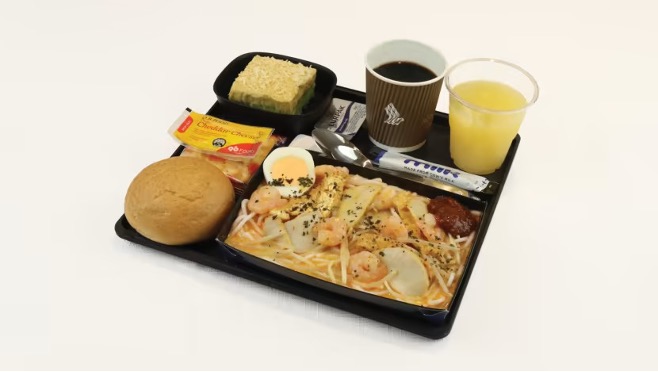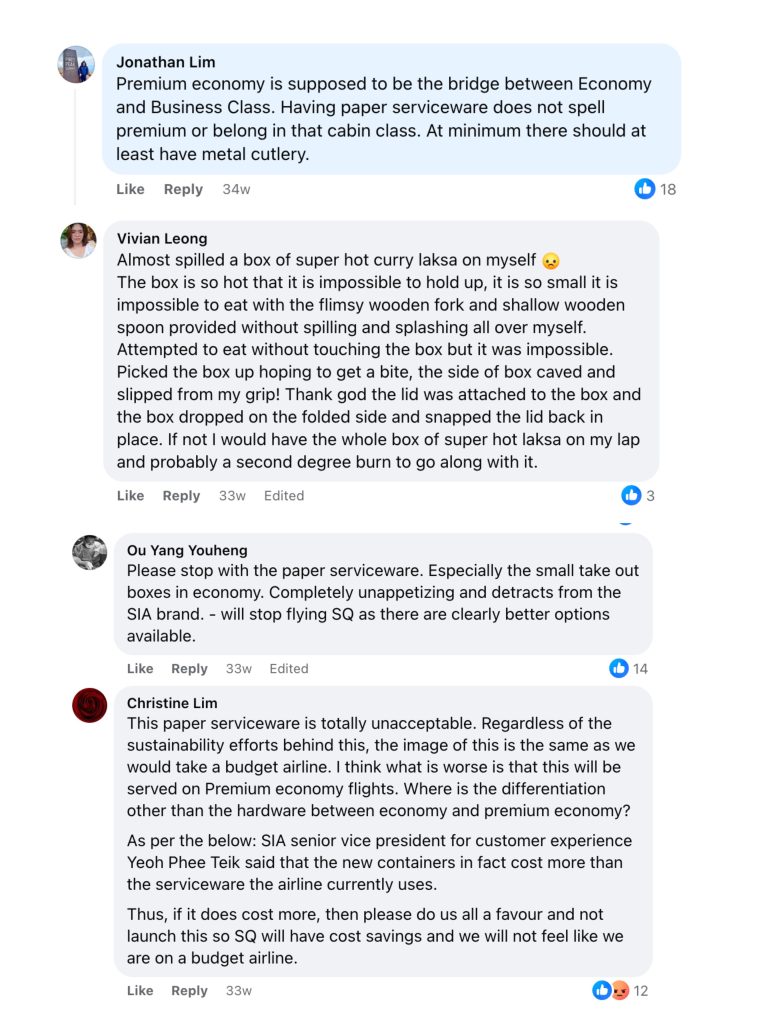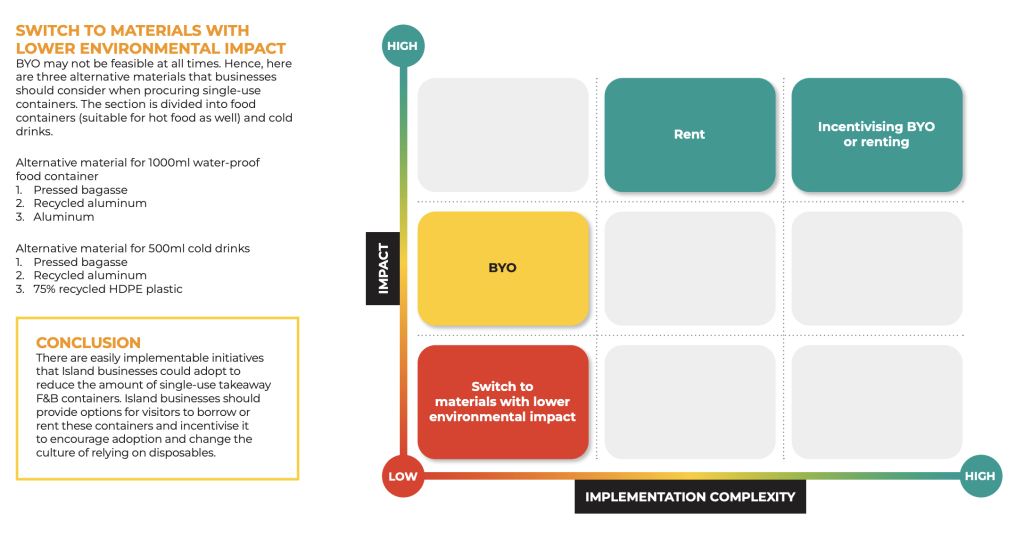Renowned as the pinnacle of excellence in the aviation industry, Singapore Airlines (SIA) reaffirmed its global leadership with its latest international brand campaign in January 2023. However, the airline’s foray into sustainability, particularly the use of paper serviceware for mid and long-haul flights, did not meet expectations.
SIA’s CEO Goh Choon Phong openly acknowledged the valuable lessons learned from this campaign. This begs the question: why did it go awry, which parts succeeded, and how could the approach have been improved?
Sustainability Without Compromise
Falling Short of World-Class Standards
The sustainability endeavour, initially seen as cost-cutting, led to significant reputation costs. Customers highly value the SIA experience, with the inflight meal service often considered the highlight of their journey. By limiting the trial to premium economy and economy classes, SIA failed to meet the expectations set by its global brand campaign that positions the airline as a world-class choice across all service categories. These disparities in their sustainability practices cast uncertainty on the airline’s dedication to its brand and sustainable goals.

Source: Singapore Airlines via CNA
A Lackluster Dining Experience
Despite the well-intentioned implementation of sustainable serviceware, it ultimately did not succeed in delivering an elevated dining experience. Passengers were quick to criticise the impracticality of the packaging for handling hot meals and the issue of food quality. Some went further, expressing harsh criticism of the design, labelling it as “horrible” and “cheap,” and claiming it did not align with SIA’s premium image.

Harsh comments left on SIA’s Facebook page following the announcement of their sustainable serviceware
Source: Singapore Airlines Facebook Page
Market Education: What Could Have Been
The social media announcement posted by SIA failed to convey the trial’s purpose and its alignment with the airline’s broader sustainability objectives. Consumers voiced their reservations about the effectiveness of single-use paper packaging when compared to reusable alternatives like ceramics.

A user’s concerns over SIA’s paper packaging
Source: TODAY Facebook Page
An Impasse Between Sustainable Packaging and Consumer Preferences
The journey towards sustainability is a complex one. While SIA’s decision was supported by first-hand customer data indicating a preference for larger main courses over appetizers, the trial results have contradicted this assumption. This scenario is a familiar challenge that many businesses face. How ready is the market for substantial sustainability changes?
When seeking insights on sustainable packaging, local F&B stakeholders expressed their concerns about consumer receptivity. Much like SIA, they grapple with issues like the risk of spillage and uncertainty of whether their customers, who were already paying a premium, would be open to bringing their own containers.
Ways Singapore Airlines Could Have Approached This Differently
Firstly, SIA had the opportunity to elevate the value proposition of its new packaging by introducing a thoughtfully crafted menu selection alongside the launch. This strategic move could have reshaped how consumers viewed the trial, shifting it from being perceived as a cost-cutting endeavour to a genuine upgrade of the dining experience.
Moreover, a more robust effort could have been made to educate customers about the link between the usage of paper packaging and SIA’s sustainability objectives. Furthermore, SIA could have leveraged the valuable insights garnered from the switch to paper packaging to reinforce its dedication to environmental stewardship.
SIA missed the opportunity to connect with passengers who participated in the trial, considering that it was mandatory. Gestures like awarding KrisFlyer miles or providing complimentary Wi-Fi access, would have recognised these passengers’ participation and conveyed heartfelt appreciation for their invaluable feedback.
Sustainability Culture in Singapore’s Tourism Industry
As sustainability takes centre stage in every sector, Singapore is actively reshaping its tourism industry for a more sustainable future.
In 2021, the Singapore Tourism Board (STB) joined the Global Sustainable Tourism Council (GSTC). Meanwhile, Resorts World Sentosa (RWS) became the first Southeast Asian business to receive certification from the GSTC Destination Criteria and Industry Criteria for Hotels.
Sentosa Development Corporation (SDC) has launched an initiative for all establishments on Sentosa Island to discontinue the usage of plastic water bottles. SDC is also actively committed to assisting other businesses in their sustainable journey. In collaboration with WWF Singapore, the “Sentosa Playbook for Reducing Disposables” was introduced to function as a flexible guide for businesses to adopt and tailor to suit their organisation.

Source: Sentosa Playbook for Reducing Disposables
How Can Businesses Achieve Sustainable Success?
The dual challenge of meeting customer expectations and advancing sustainability remains a difficult task at hand. The experiences of SIA emphasises the importance of adaptation and collaboration. Sustainability is an enduring commitment that requires businesses to adjust their methods, engage with stakeholders, and be open to feedback. By embracing these fundamental principles, businesses can foster a more customer-centric and eco-conscious approach, forging a path towards a sustainable future.
References:




